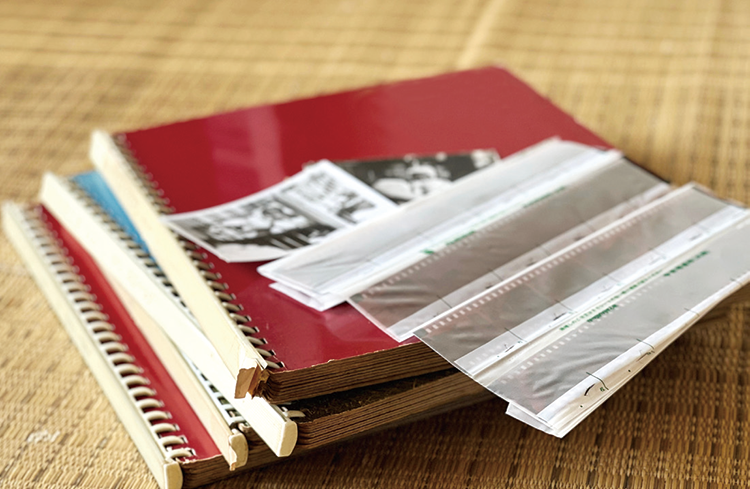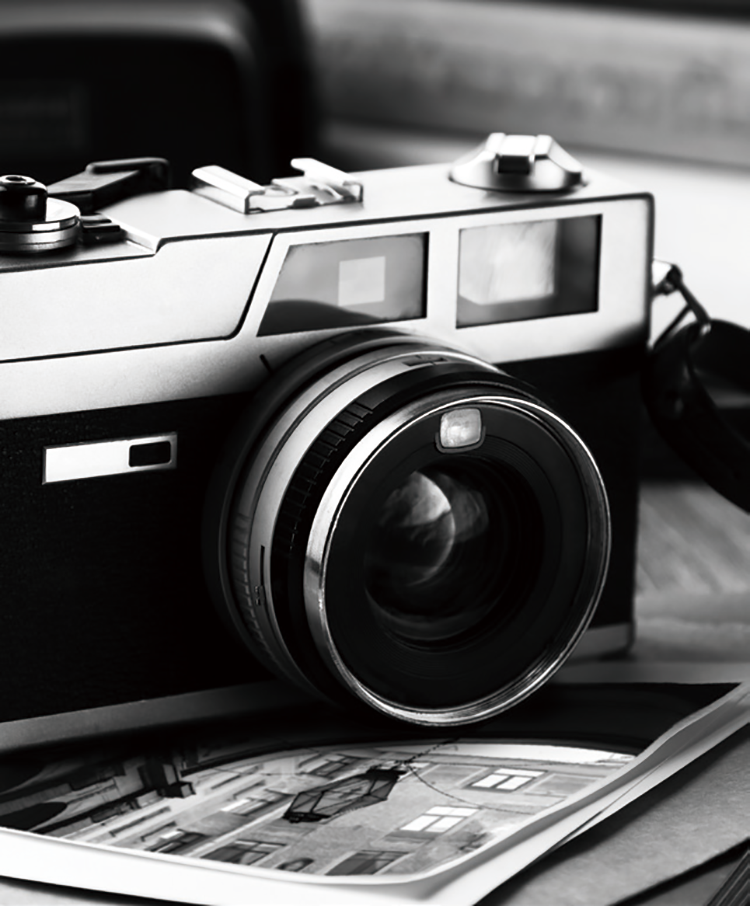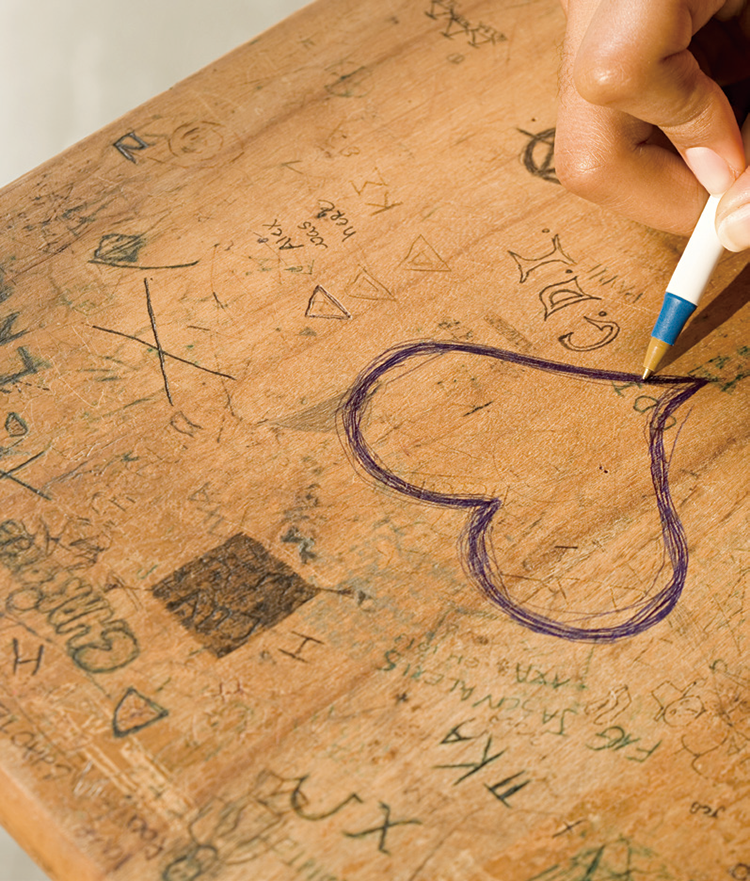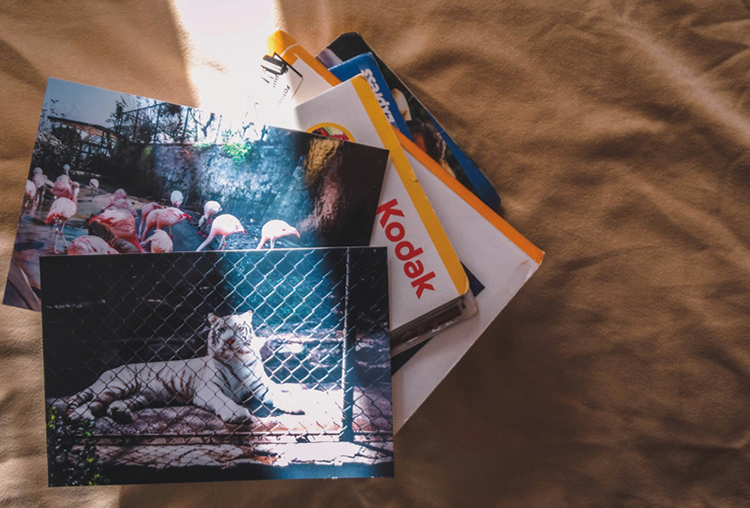Daily Contemplation
The Subjective World of Memory
📝Text by. Jeong-woo Yang, Psychiatrist & Head of Mind On Mental Health Clinic
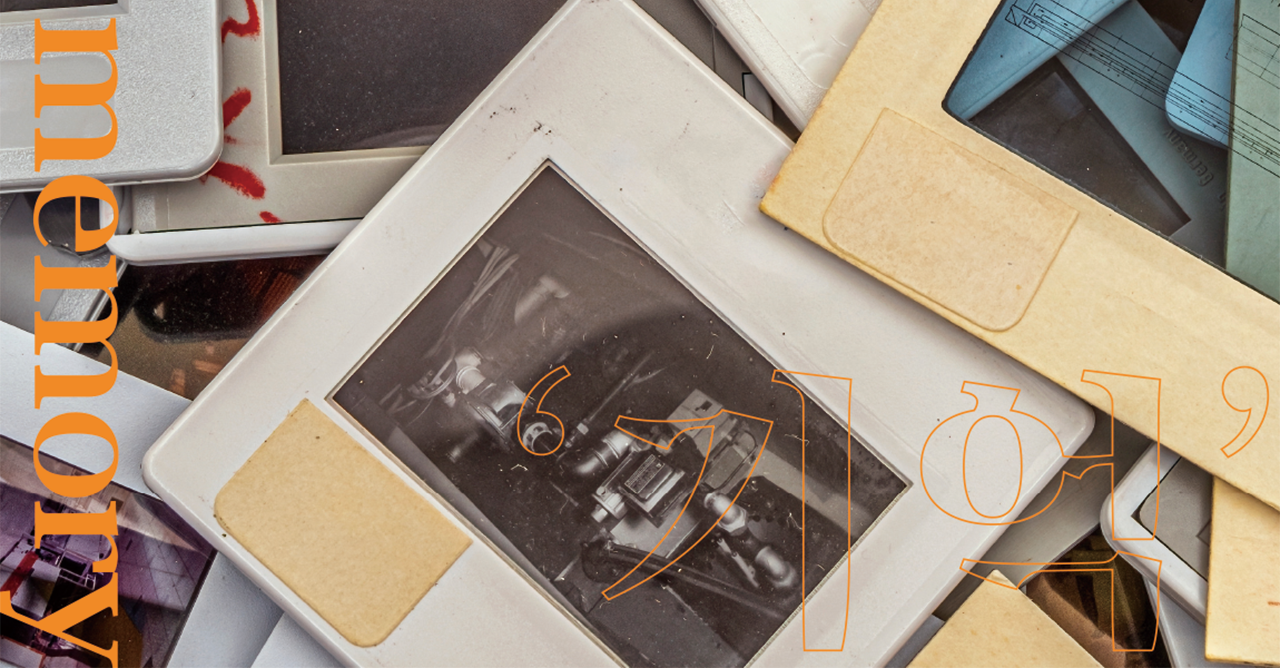
What Is Memory?
Memory is selective. You may think memory is what comes to mind unconsciously, but in fact, all that are subjects of memory go through the conscious or unconscious process of selection. The appraisal of memory is also very selective. What we remember as positive experiences are called “memories,” whereas negative experiences are labeled as “dark history” or “trauma.” Existing in our mind is a mosaic of what we want to remember and what we want to forget but cannot.
Our life goes on no matter what happens. But all these memories are stored in our mind as an illustration or a flashing scene. Retrieving the scene you want from your mind and recording and editing it are key to the memory process. How people process memory varies widely. For example, even the same video on the same topic can be edited differently depending on the editor’s style, and so is how memory is edited in our mind. How people process memory forms part of what we call “personality.”
What Is Your First Memory?
In the same context, answers vary widely when people are asked what their first memory is. Their answer can change every time they are asked. What would be my first memory if someone asks me? Perhaps, it is when I got scolded for talking back to my dad, or the school play I had at the kindergarten. I am not sure if it is a real, complete memory of mine or a memory shaped by what I saw in the photos of my childhood.
After all, all these answers are very subjective. If memory is something that is made by my selection, I may as well choose my own first memory. Well, I will choose a nice one. After all, it is my choice. What would you choose as your first memory? Let me tweak the question a little. “Do you remember your first love?” Mine was unrequited love. Looking back, I am not sure if I truly loved her or I just wanted to be in love because I thought I was old enough to fall in love.
It was soon after I became a freshman in high school. Since I was in high school, I thought it was time for me to fall in love with someone. The girl I had a crush on was older than I was and she was like a leopard. She was one of the few students who were on the art track. When school finished, students had to stay in school until late at night for what was called “self-learning.” But she just ignored the rule and walked across the playground to leave, ending up playing brawl games in a video arcade. Sometimes, I followed her to the arcade, sat across her, and challenged her to a game. When we were playing the same game across the game machine, I was happy that we were somehow connected through the game. Initially, I lost the game to her on purpose even though I could certainly win, but as days went by, I could not beat her even though I did my best. She was a genius gamer. Still, I was happy to lose. Everything felt so great although we did not say a word to each other. To see her, I had to violate the school rule of after-school self-learning and go to the arcade, which also entailed some consequences such as getting scolded by my homeroom teacher. But it did not matter to me at all. I guess the feeling I had for her was some kind of love. The end result of my love was not that I ended up with her but that my gaming skills got a little bit better. Actually, I had a crush on one of my school teachers or a classmate sitting right next to me when I was in elementary school. But I chose her as my first love because she was the prettiest whom I decided as deserving of the title of my first love.
The Life of Producing and Consuming Memories
People often say they want their life to be productive. It likely means that they blame themselves for not being productive enough. You can be a producer or a consumer, but what does it mean to be “productive”? In a way, wanting to be productive may indicate that you want to make yourself look productive. People often use the word “productive” for activities like learning English after work, or drawing and painting in their free time.
Strictly speaking, however, learning English after work is more like a form of consumption because people spend money on classes and textbooks. Even if you become fluent in English and get to travel overseas without any language barriers, it is still a kind of massive spending. If you use your English proficiency to make money, then you are a producer. Production occurs mostly at places where we use labor. After all, all the other activities are consumption in nature. Nevertheless, we call many of what we do productive only when we pretend to be productive as we do it.
If you document your activities of consumption that are made to look productive, it becomes a whole new story. We as humans feel relieved when even fundamentally consuming behavior feels like an act of production. Blogs and diaries are some of the typical battlegrounds where production and consumption continue in a tug of war. This phenomenon is particularly evident on blogs. On blogs, personal experiences and reviews are mixed in all sorts of consumption, and the sense of guilt for consumption gets diluted in this process. By documenting consumption this way, memory is assembled and recreated. This is how a page of memory is added to the book of your life.
We are constantly faced with choices to make as to what to document and what to remember. Life is not filled with only good memories. Even your first love—one of the biggest milestones in your life—remains as one or two distant memories. With the passing of time, you will likely find that things that are documented are engraved more vividly on your memory just like an external memory device outlasts the main board of a computer. Keeping records in a diary or on a blog is a good idea if you want to remember things longer. There are few things in life that we can control, but surprisingly, we can choose what we want to keep in our long-term memory.

